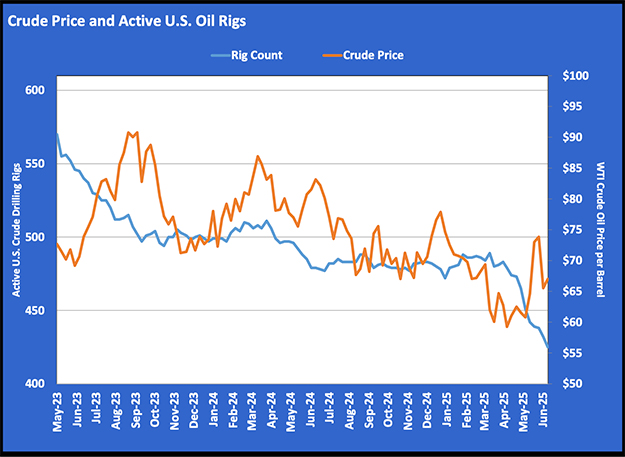Customer contact: Shift from snail mail to digital communication
Winston Churchill and well-known leaders both before and since admonish us never to let a crisis go to waste.
Viewed through this potentially optimistic lens, the COVID-19 pandemic and looming risk of propane price spikes and supply shortages present an opportunity to revisit, change and, perhaps, use technology to improve our business practices.
Among the practices we revisited and changed is how we communicate with our customers. We advised our customers that, beginning next year, we would charge them for snail mail communications and encouraged them to provide us with an email address.
We know this might not work for many propane marketers for a variety of good reasons, but here’s what drove our decision to shift away from snail mail to digital communication:
⦁ Shifting demographics: Ninety-five percent of Americans under the age of 50 have a smartphone. Older Americans have moved beyond the old rotary phone, too. Eighty-three percent of the 50 to 64 age group and 61 percent of the 65-plus group also have them. If you weight these percentages based on their share of the U.S. population, 85 percent of customers probably have a smartphone and access to email.
⦁ All of the other industries are doing it: If a propane customer uses electricity, internet service or a cellphone, chances are they already receive bills electronically – or pay for the privilege of receiving them by regular mail. That’s why the volume of single-piece, first-class mail delivered by the U.S. Postal Service (USPS) has declined by 74 percent since 1996. We believe this is a big reason why we have not heard many objections from our customers.
⦁ Our customers and our market: Almost 87 percent of our active customers have a working email address on file with us. Over 60 percent of our website traffic comes from smartphones and tablets. Our shift is not going to impact an overwhelming majority of our customers.
⦁ Speed and efficiency: USPS recently announced that it was extending its first-class delivery target by two days. That means that, barring delays caused by weather or other factors, it may take up to five days for a customer to receive their bill. And that assumes they are home eagerly awaiting its arrival. If the message is even more urgent than a bill – a low tank level warning, for example – five-day delivery may be too late.
⦁ Cost: It costs an estimated $13.50 to $15 to process an invoice that you mail to your customer. The cost of doing the same process digitally is about $3.50. The impact on working capital may be even bigger. Pull out your most recent financial statement, divide your accounts receivable by your revenue and multiply it by 365. Accountants call that “accounts receivable days.” We call it “days we are without cash to pay our wholesalers and our employees.” Most wholesalers require payment in 10 days, and most states require you to pay your employees at least twice per month. That means your traditional net-30 customer is paying you long after you paid for the propane in their backyard and the labor to deliver it. Digital communications and digital billing enable them to pay more quickly.
⦁ Managing the message and protecting customer privacy: We always have promised our customers that we would not bombard them with marketing messages. We have kept that promise and believe it’s one of the reasons 87 percent of our customers already have provided us with an email address. We also believe it’s why they seem to read emails they receive from us. They know it’s important.
The pandemic and current propane inventory levels and price spikes gave us an opportunity to reflect on how to better use the technology tools at our disposal to improve our business. We concluded that digital communications enable us to improve customer communication and strengthen our customer relationships. Regardless of the conclusion you reach or whether you make any changes, we hope you take the time to reflect on whether change is appropriate.
Christopher Caywood is a co-owner of Caywood Propane Gas Inc.
















